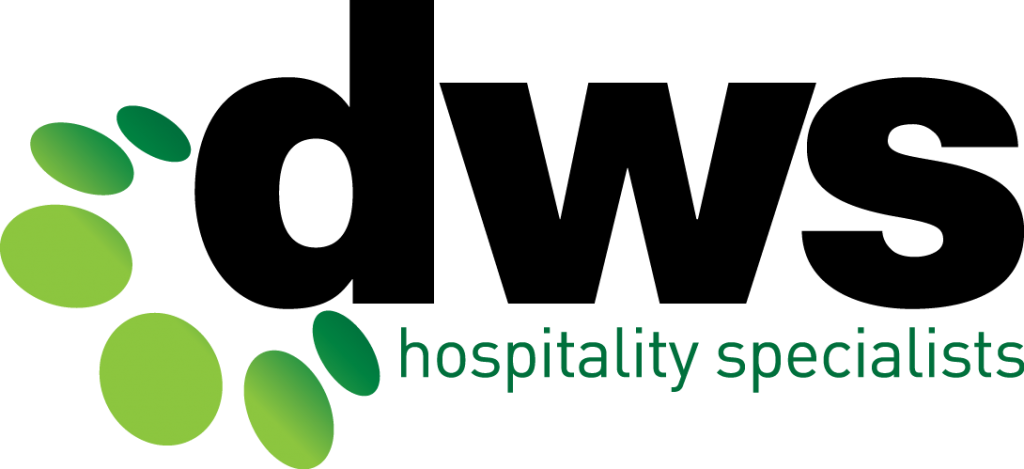When I announced in September that I was resigning my position as a club manager and joining the ranks of consulting, reaction among my club manager brethren ranged from ‘Congratulations mate, good on you!’ to ‘You’ve got to be #$%ing kidding! Why would you want to do that?”.
Two months into the new job, I’m able to make some initial observations about key differences between the two types of role. All the discussions that take place in the DWS offices are similar to those we have in our clubs, except that they’re about other peoples’ clubs. While the subject matter is essentially the same, it’s the environment that differs greatly. It takes time to adjust to not having a thriving food, beverage and gaming business at work on the other side of the office door.
Outside of these ‘quirky’ differences, there are some things that separate management from consulting. I thought I’d frame my initial thoughts around my top three differences so far.
1. More project based, less operations
While club managers have to strike a balance between working on projects and getting involved in operations, the consulting environment is one in which we’re able to pursue project work with far less interruption. And while the consultant’s week is not entirely without distractions, there are none of the challenges that club managers face in the form busy operations, staff members, board members and those ‘just wanting a minute of your time’, not forgetting the occasional R&M catastrophe! So while the club manager might need several months to dedicate 100 hours to a CIS or strategic plan, the consultant can get that project completed in 2-3 weeks.
While there’s nothing to stop a club manager from completing licensing work, financial feasibility, or a business plan, something has to give. Either the manager has to withdraw themselves completely from operations for a fortnight or chip away at the project over weeks and months as time permits. For this type of work, it certainly makes sense to employ an external contractor to get the job done in a reasonable timeframe without sacrificing time in the business.
2. Knowledge and skill developed through experience and repetition
For most club businesses, projects like a constitution review, loyalty program development, or redesigning a gaming floor happen only once every 3-4 years, my new colleagues in the DWS team complete dozens of these types of project each year, meaning that projects can be completed efficiently and to a high standard. Each project is worked on by a team of consultants who help to develop each other’s skills through critical reviews, collaboration and cross-project learnings.
In my first two months, I’ve yet to see a project that is completed wholly and solely by one consultant. Every project gets reviewed, and no one’s ego is spared in the critiquing process. The end result is that each project is better than the last of its type and continuous improvement is facilitated. The ultimate winner is the client
3. Development of technological tools to drive efficiency and excellence
Similar to our club businesses, the DWS team are constantly seeking to find efficiencies in their operations. As club managers, we look to invest in technology such as online memberships and restaurant bookings, electronic sign-in terminals, tablets to complete hand-pays, or handheld PDAs to take restaurant orders with improved efficiency. The DWS understand the need to adapt the latest technological advances to achieve high quality results.
While I certainly don’t consider myself to be a tech-savvy, twitter-obsessed 34-year-old, I do make a point of educating myself on new technological or social media developments. As a club manager, I prided myself on adopting technological innovation to improve the member experience or save a buck for the business. But my new colleagues are on a whole other level. It’s quite competitive and the team pride themselves on being able to find a new technological tool to refine a process or improve a project deliverable. While adapting to the new processes and data systems with names like ‘geocoding’ and ‘datacubes’, I am learning from the best in the business. Ultimately, the big winners are DWS clients who receive work more promptly and to a higher standard.
So that’s the view from the other side. The three big reasons a club might choose to employ a consultant to improve their business stem from efficient allocation of precious management resources, a desire to benefit through importing skilled specialisation, and to take advantage of technology and innovation to achieve better outcomes for important club projects.
Happy New Year. I look forward to the opportunity to work with your business in 2014.
For more information on how your venue can improve its operations, contact Tom Streater at tom@dws.net.au or call (07) 3878 9355.




